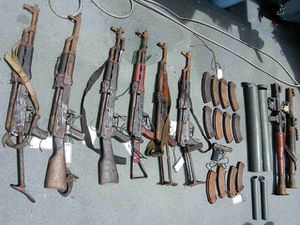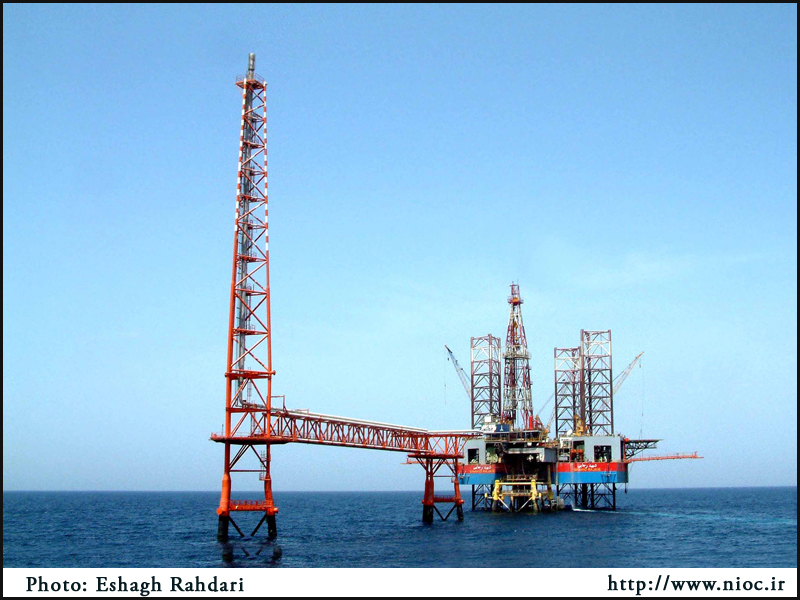The anti-piracy operation, in the dark, on its results
 (B2) The anti-piracy operation which has a specific objective of securing a maritime zone has one main flaw. If the ministries do not often fail to communicate with a lot of photos when they stop an attack, they are much more discreet when it comes to reporting the fate of suspected pirates. We understand them...
(B2) The anti-piracy operation which has a specific objective of securing a maritime zone has one main flaw. If the ministries do not often fail to communicate with a lot of photos when they stop an attack, they are much more discreet when it comes to reporting the fate of suspected pirates. We understand them...
The lack of evidence, the wound of the lawyer, the lack of jurisdiction, the wound of the soldier
Sometimes the suspect was killed on the spot. This is the case of the Indian Navy, which apparently committed a major blunder since, in terms of suspected pirates, it was above all a fishing boat (1). In the vast majority of cases, they do not experience this tragic fate. Far from there. Most of the time, they are released, either on the spot, or on arrival in the port by the first judge to come. Fault ? The lack of evidence that can be taken into account by a judge, the lack of a clear jurisdiction of a national court or of an adequate legal instrument (the signature with Kenya should solve the problem) and the fact also (we quickly forget) that there is no effective state in Somalia.
At least one pirate in two arrested is released immediately
On the Russian side, as American or European, the confusion of genres and discretion are therefore in order. The only assessment that has been drawn up globally and made public was done… by the Americans before the “armed services” committee of Congress (read here). A report quite close to the one I realized and which leads to a clear observation: at least one out of two pirates arrested is released immediately. And, again, there is no mention of their future. Thus according to the US Navy: out of 250 pirates apprehended, 121 were disarmed and released, 117 were handed over to justice for prosecution. But we are careful not to mention their fate after retrial. Have they been judged? Or were they not (as happened in Yemen) later released?
Military operation or police operation? More generally, the treatment of prisoners during these anti-piracy operations, carried out by the various American, Russian, European, Asian naval forces... poses a real practical and legal problem, coupled with an ethical and political problem. Can a rule of law stop those who are, after all, only highwaymen (a little too gifted ![]() ) in an international area, with military means – when this method of use would be prohibited in their own country and no war has been started? Would this not also be the role of the police forces usually devolved and trained for this type of action (coastguards for example)?
) in an international area, with military means – when this method of use would be prohibited in their own country and no war has been started? Would this not also be the role of the police forces usually devolved and trained for this type of action (coastguards for example)?
(NGV)
(1) A "smudge" Indian off Somalia?
(photo credit: Bundeswehr, seizure of weapons on the Emden)

